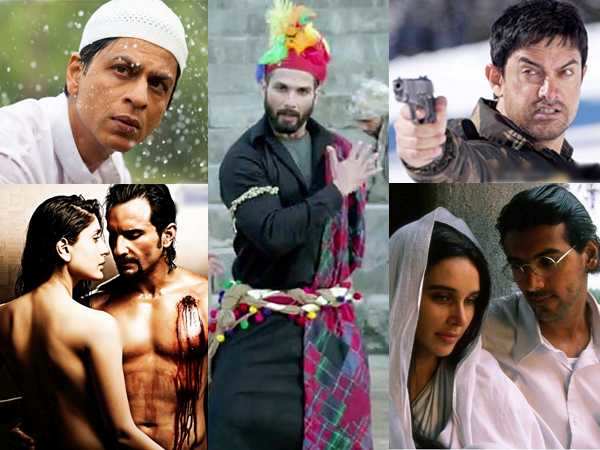
Even though Indian cinema has become more laissez-faire with time, the risk of a film dealing with sensitive subjects being banned has always been a nuisance for filmmakers. Superstars like Shah Rukh Khan and Aamir Khan have faced the brunt of court orders and protests in the past. And the recently released Haider has fallen into major controversies in merely 2 weeks from its release. While the censor board has loosened up a little, a number of political parties continue to make sensitive Bollywood films their soft targets. Read on as we give you a lowdown of films that have been embroiled in controversies…
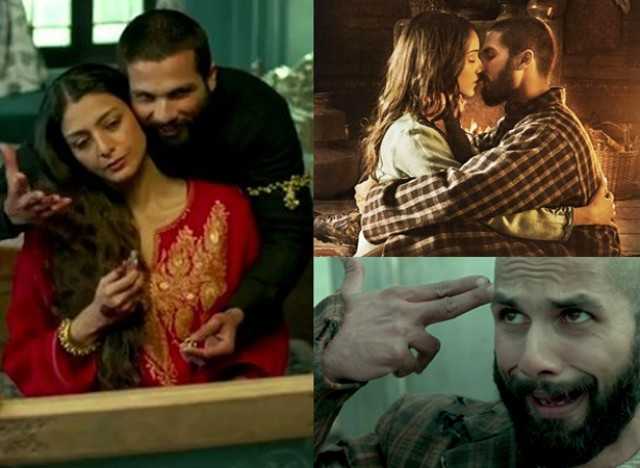
Haider (2014)
Vishla Bharwaj’s adaptation of Hamlet was expected to raise eyebrows due to its story having the background of Kashmir. After facing an indefinite ban in Pakistan, the film is facing another major controversy. A Kashmiri Pandit group staged demonstrations and protests in Jammu against the makers for allegedly hurting the sentiments of Hindus by portraying the ancient Sun Temple of Kashmir as the devil's den in the Bismil song. And while the Censor Board and the Archaeological Survey of India register their protest, the group has asked for an immediate ban on the film and an apology from the producer and director as well as the Censor Board of India and Archaeological Survey of India. Also, protests are being carried out by certain groups claiming that the Indian army has been shown in bad light and as anti-Indian.
Outcome- While sources claim that the Pakistani censor board rejected the film due to controversial matters related to Kashmir; the spokesperson of the Central Board of Film Censors in Pakistan said, "The question of banning any film or allowing its screening arises after it is presented to the board"
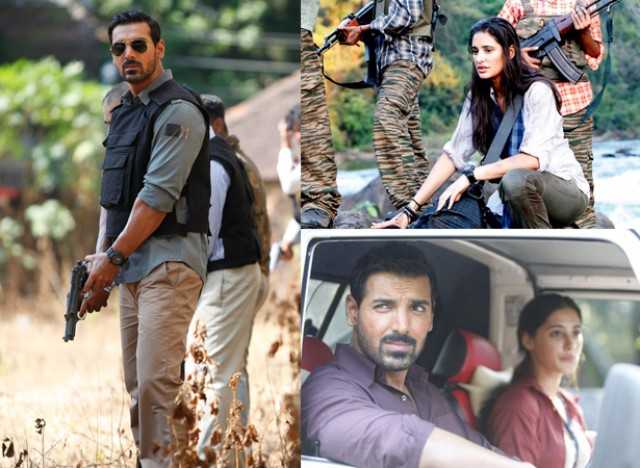
Madras Café (2013)
Directed by Shoojit Sircar, Mardras Café was set in the late 1980s and early 1990s and had conflicts in Sri Lanka and the assassination of former Indian Prime Minister Rajiv Gandhi as its central theme. After the release of the film several Tamil political parties sought to ban the film as it depicted the Liberation Tigers of Tamil Eelam as terrorists. Even though the petition was dismissed, the Madras High Court canceled its clearance certificate.
Outcome- Due to the protests by Tamil groups and other political parties, many theatres in the state chose not to screen the film. However, the film left the critics impressed.
John also won the "Pride of the Nation" award, given by the Anti-Terrorist Front, for his attempt to raise the sensitive issue of former Prime Minister Rajiv Gandhi's assassination.
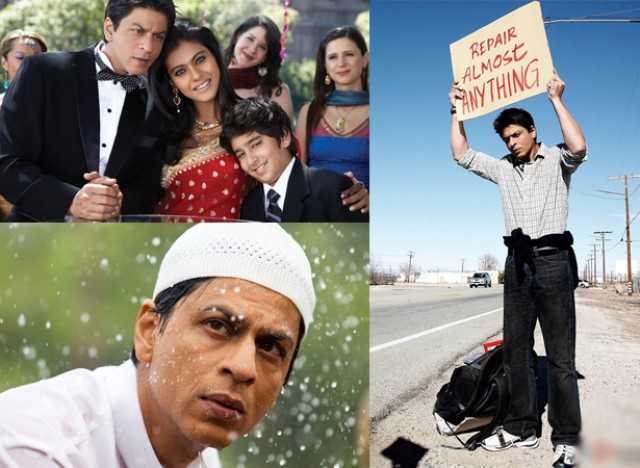
My Name is Khan (2013)
The first reason why SRK faced the ire of Shiv Sena was because he stated that he’d like Pakistani cricketers to be a part of IPL 3. The party leaders were further agitated after the actor commented that he was frequently subjected to excess security checks at the airport due to his religion and last name. All of that resulted into protests and demonstrations against the actor and demands that his film be banned. Shah Rukh Khan reacted on Twitter saying: "Sad my statements are seen as a stand against a group instead of a stand for myself and my individuality. Differences in ideology should be grounds for debates & discussion. A must for freedom of thought. To see it any other way is so unfortunate.”
Outcome- My Name Is Khan released on its scheduled date with high-level security at cinema halls. It opened to packed theatres despite all the threats with very few incidents of violence and vandalism.
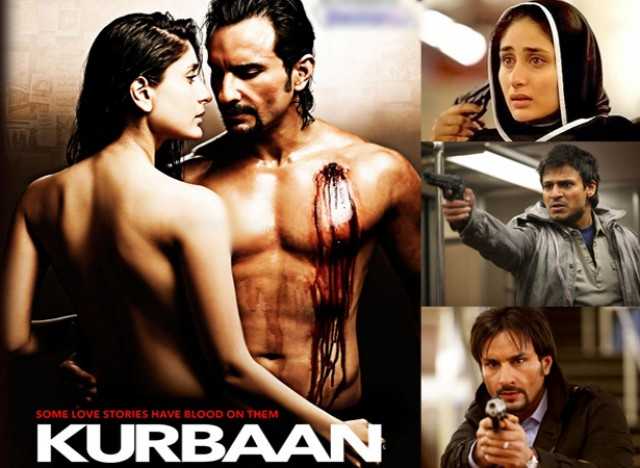
Kurbaan (2009)
The first poster of Saif Ali Khan and Kareena Kapoor starrer Kurbaan made headlines and got caught up in a political dilemma as soon as it was released. It was one of those very few instances where a leading actress of Bollywood had bared it all for a movie poster. But as Bebo dared to expose, many Shiv Sena activists tore down the posters claiming that they were immoral. The party threatened that if all the posters were not removed immediately then protests would continue until the release of the film. The party went as far as sending Kareena a saree urging her to cover up!
Outcome- Amidst controversies, the film managed a fair business at the box office.
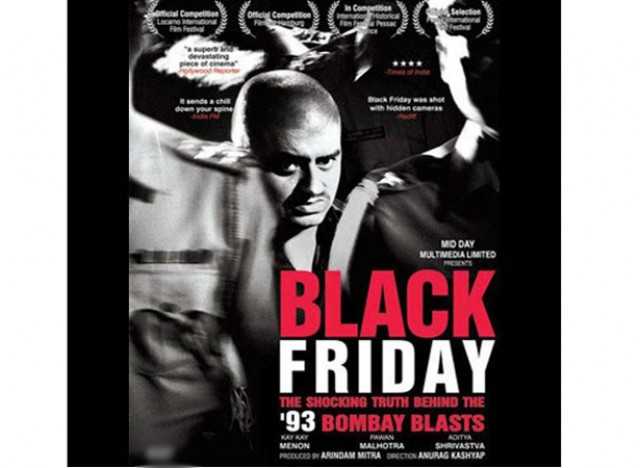
Black Friday (2007)
Anurag Kashyap’s Black Friday is possibly one of the most controversial films. The story of the film was based on the incidents surrounding the dreadful 1993 Mumbai bomb blast. After being stuck for almost two years before it could get a release date the film was finally granted a release date in 2005. But soon it faced a stay order from the Bombay High Court. Because just before the release a petition was filed to stop the film’s release as the court’s decision on the 1993 blasts was still pending. The producers even appealed to the Supreme Court but the High Court order was upheld. The film was banned in Gujarat.
Outcome - The movie finally released in February 2007 with some cuts. It was raved by the critics and at festivals.
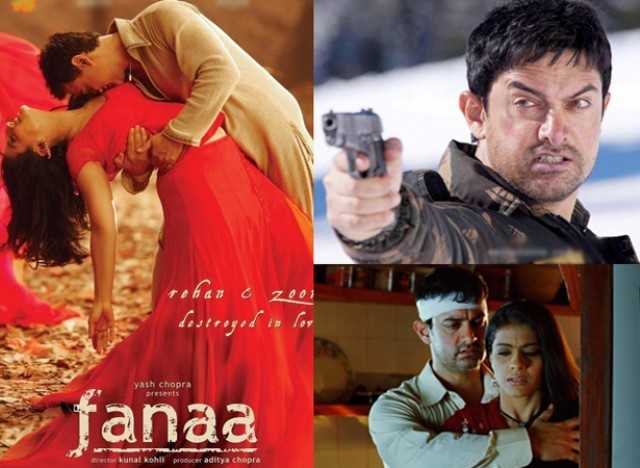
Fanaa (2006)
While promoting the film, Aamir Khan expressed his support for the people that were relocated by the Government due to the Narmada Dam Project in Gujarat. The comments made by the actor upset many political leaders that further lead to an outrage from several political parties. The Government of Gujarat demanded an apology from Aamir but he refused to give one stating that he hadn’t said anything against the construction. When the film faced an unofficial ban in the state of Gujarat producer Aditya Chopra filed a petition in the Supreme Court of India asking for police protection at the theatres that the movie would be screening, but the petition was rejected. And hence most owners refused to screen the movie as the protesters kept burning down posters of the film outside theatres.
Outcome - Multiplex owners in Gujarat did not screen the film and they also stated that they could not provide security to moviegoers.
Nevertheless Fanaa became one of the highest grosser of the year without getting any revenue from the sate of Gujarat.
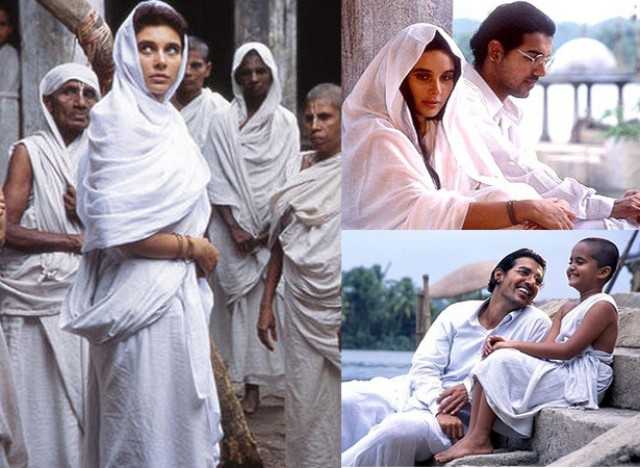
Water (2005)
Water was the third installment of director Deepa Mehta’s Elements trilogy. The story of the film explored the lives of widows at an ashram in Varanasi. The film faced very harsh and violent protests from hard line Hindu organizations and Shiv Sena claiming it to be ‘anti-hindu’. Mehta was forced to shut down filming in Varanasi after a mob of 2000 protestors attacked and burnt down the set. The film was later shot in Sri Lanka.
Outcome - Deepa Mehta perseverance finally paid off and Water released to critical acclaim in 2005. Later, the director’s daughter, Devyani Saltzman penned a non-fictional book, Shooting Water- Daughter Journey and the Making of the Film.
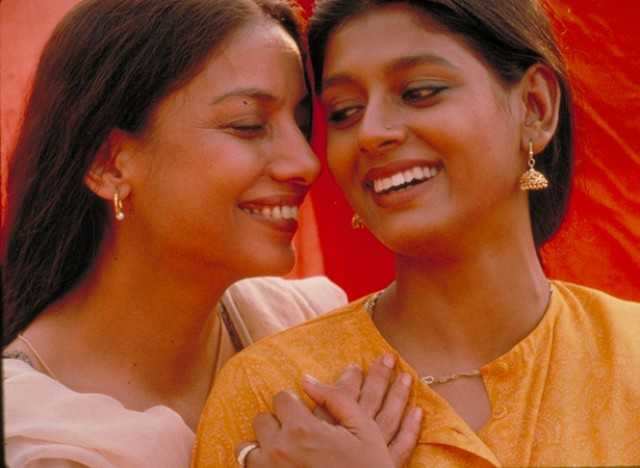
Fire (1996)
Deepa Mehta’s Fire was one of the first films in India to have explicitly illustrated homosexual relationships. Even though the film was passed uncut by the censor board, it faced an outbreak by political leaders who claimed that the film was immoral, pornographic and against Indian traditions and culture. The protesters stormed the cinema houses screening the film and frightened and threatened the audiences going to watch it. Demonstrations were organized outside Dilip Kumar’s house who had shown support for the film. Director Deepa Mehta even received a number of death threats. Fire was later withdrawn from theatres and was sent for re-censorship.
Outcome - The film eventually released in 1998 without any cuts.
In 2010, veteran film critic and activist Shoni Ghosh wrote a book, 'Fire: A Queer Film Classic’ that gives a low down of the controversies and chaos that surrounded the film.
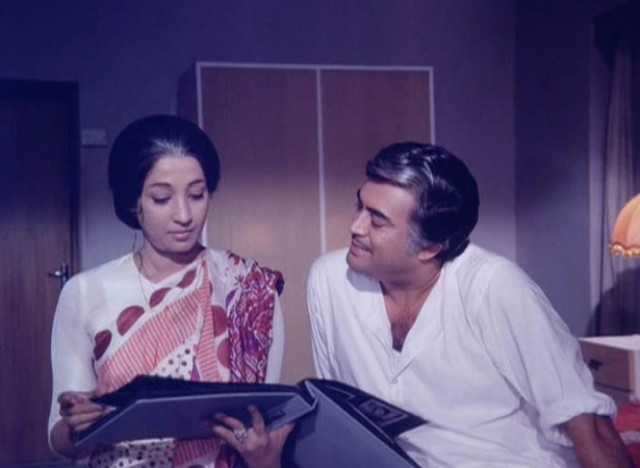
Aandhi (1975)
Directed by Gulzar, Aandhi was allegedly based on the life of the then- Prime Minister Indira Gandhi and her strained relationship with her husband. After facing censorship issues, the makers had to re-shoot a few scenes, some of them that showed the lead protagonist drinking and smoking. But despite that the film ran into more trouble during the emergency phase and was banned after 20 weeks from its release.
Outcome – After Indira Gandhi lost the general election in 1977; the film was re-released under the new party’s regime.

SHOW COMMENTS